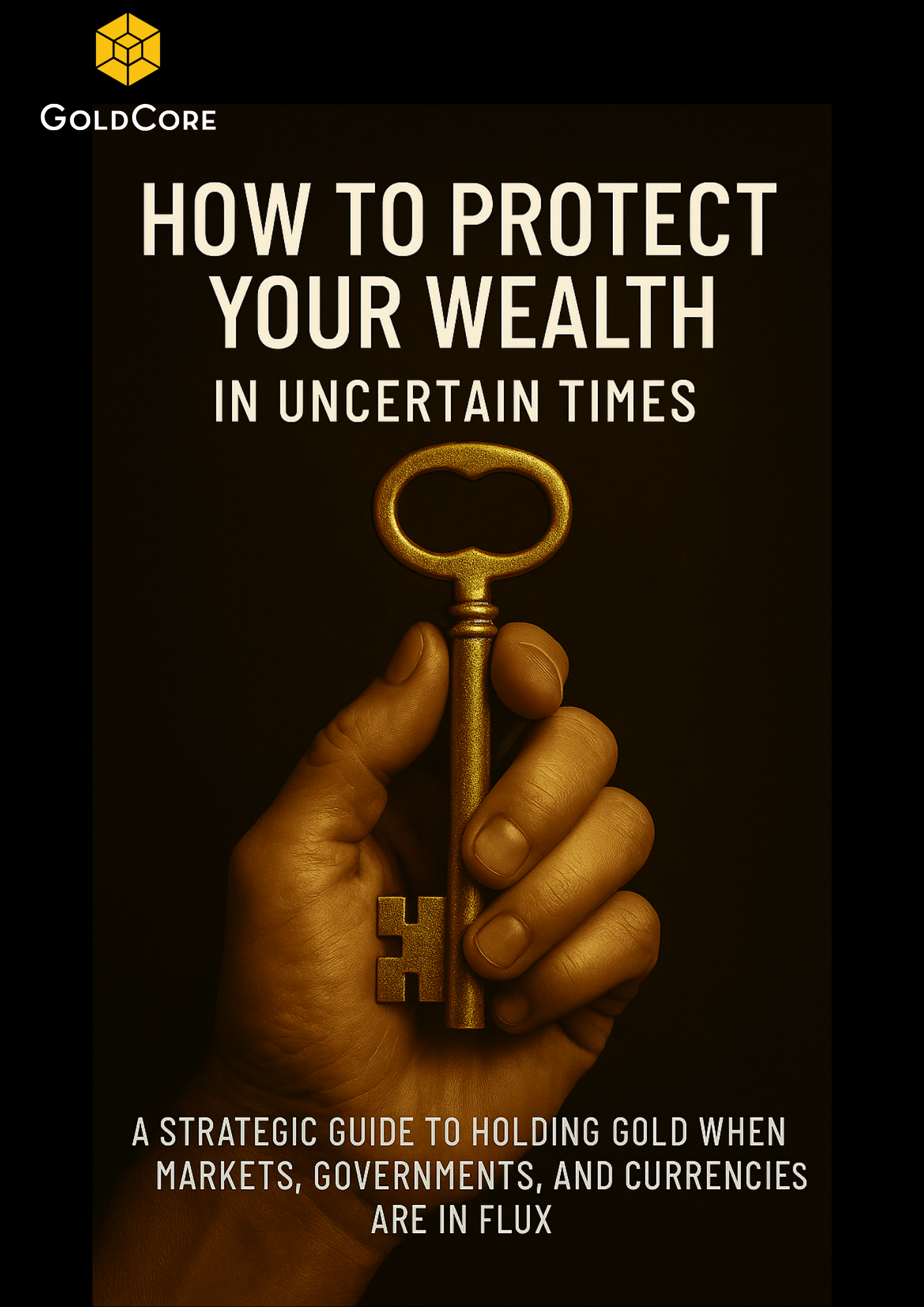
Every year, governments around the world present their budgets, statements or fiscal plans, and each one is framed as a sober exercise in responsibility. In the United Kingdom this week it took the form of the Autumn Budget, but it could just as easily have been Canada’s Fall Economic Statement, an update from the US Treasury or a European stability review. The details vary from country to country, yet the emotional response among ordinary people is remarkably consistent. It is not outrage, nor is it even surprise. Instead, it is a quiet and weary recognition that life feels slightly more out of their control than it did the year before. A new threshold freezes here, a tax adjustment there, a reduction in real spending power hidden within the fine print somewhere in between. None of this is dramatic on its own, but taken together it reinforces a sentiment that many people already carry. They feel they are being gradually nudged into giving more while receiving less.
That sense of slipping agency is not confined to one nation. It is present in households from Dublin to Denver and from Sydney to Singapore. People work more hours yet watch their take home pay shrink once inflation and policy changes are accounted for. They set aside savings only to find that the purchasing power of those savings trails the rising cost of everything they need. They attempt to invest for the future, but the ground beneath them shifts with regulations, rising interest expenses, market instability and political uncertainty. What emerges is the uncomfortable thought that they can do everything right according to the traditional playbook and still feel as if they are permanently behind.
There used to be a widely understood social contract that rewarded effort, prudence and long term planning. It was never perfect, and it never guaranteed success, yet it felt coherent enough for people to organise their financial lives around it. Today that contract feels less reliable. Governments ask more of their citizens while delivering less in return. Public debts rise and the value of national currencies weakens, which forces policymakers to search for revenue through small and constant pressures on the population. The extraction is slow but relentless, and this creates a form of fatigue that is harder to measure than inflation data or GDP figures but far more telling. It is the fatigue of people who sense that the system takes their contribution for granted.
This creates a very modern type of disillusionment. It is not the dramatic frustration that leads to protest, nor is it the apathy of people who have given up. It is something in between. People want to act, but the levers they used to rely upon now feel disconnected from outcomes. Work more, and the additional income is eaten by taxes or higher living costs. Save more, and the banked figure grows while its true value shrinks. Plan more carefully, and those plans are undercut by decisions far beyond individual control. The relationship between effort and reward has weakened. This is the essence of a shoddy return on investment society.
Gold’s Price Is Not Natural – Someone Is Steering It
When traditional levers fail, people look for smaller and more personal ways to reclaim a sense of control. These are not revolutionary gestures. They are modest decisions that protect a portion of their hard earned value from the erratic behaviour of the institutions around them. That is one of the reasons gold continues to attract interest, especially during periods when people feel that their financial autonomy is narrowing. Gold cannot be conjured into existence. It cannot be altered by the next policy cycle. It is not affected by political fashion or shifting official narratives. It does not change its nature when governments change theirs.
Owning a small amount of gold is not a grand political statement, yet it carries meaning. It represents a choice to preserve the fruits of one’s labour in a form that resists dilution and interference. For many people around the world, this choice is becoming less about chasing returns and more about maintaining dignity in a system that often disregards the value of their contribution. It is a quiet form of self-respect and a subtle expression of independence. It is a way of ensuring that at least one corner of their financial life answers to them rather than to circumstances they never consented to.
As this week’s budget conversations fade from the headlines, it is worth observing that the deeper story is not about any one country’s fiscal position. It is about a global population that increasingly senses a widening gap between what they put in and what they get back. It is about people who understand that the world is becoming more expensive, less stable and more difficult to navigate, no matter how responsibly they behave. In that environment, taking small steps to secure something tangible and enduring is not only rational. It is profoundly human.
Buy Gold Coins

Buy gold coins and bars and store them in the safest vaults in Switzerland, London or Singapore with GoldCore.
Learn why Switzerland remains a safe-haven jurisdiction for owning precious metals. Access Our Most Popular Guide, the Essential Guide to Storing Gold in Switzerland here.
Receive Our Award Winning Market Updates In Your Inbox – Sign Up Here





